Mallam Aminu Kano was a popularly known and respected Northern Nigerian politician and one of the frontline anti-colonial activists who have a record of motioning towards the democratization of Nigeria and freedom of speech. In the 1940s he led a socialist movement in the northern part of the country which was in opposition to British rule and their presence in the country.
Background of Aminu Kano
Aminu Kano Yusuf was born on the 9th of August 1920 to the family of Mallam Yusuf and Rakiya at Sudawa, Gwale Local Government. He spent his early life at Gwammaja, Dala Local Government in Kano State.
Aminu Kano’s father, Mallam Yusuf was an Islamic scholar and a mufti at the Alkali court in Kano. His father belonged to the clan of the Gyanawa Fulani, an esteemed lineage known for producing many judicial scholars and serving as advisers to the Emirs of Kano.
Mallam Aminu Kano’s mother was from the Fulata Borno family of Mamman Zara, an Islamic Scholar. His paternal grandfather Hassan, was a wealthy merchant.
Schooling and Education of Aminu Kano
Between 1930 to 1937, Aminu Kano attended Shauchi Primary School and Kano Middle School (now known as Rumfa College). He then enrolled in the then Katsina College (now Barewa College) in 1937. After earning his teacher’s certificate, he began to teach at the Bauchi Training College in 1942.
He was among the seven offered scholarships in September 1946 for a year’s study at the University of London’s Institute of Education alongside Sir Abubakar Tafawa Balewa, who later became the only Nigerian prime minister.
Early Political Activities
In March 1948, after his return from England, Aminu Kano formed the Northern Teachers Association (NTA) being the first successful regional organization in the North. But because of his known reformist and anti-colonial stance, to prevent a faceoff with the authorities he included conservatives such as Shettima Ajiram as the president and Tafawa Balewa as the vice of the organization. Malam Aminu Kano took the role of General Secretary of the organization.
Although at the time, there was already a Nigerian Union of Teachers in the southern part of the country, Malam wanted an organization that would be free of possible southern domination. However, after his departure, the northern group eventually became affiliated with the southern union.
Aminu Kano was often at confrontational ends with the colonial government. He ridiculed its misuse of taxes as well as the exploitation of Nigeria’s resources for Britain’s advantage. His clear opposition led the British colonialists to plan several attempts to do away with him. One of such many tactics was the offer of a scholarship to study in England.
Unlucky for the colonialist, after his return to Nigeria he was more entrenched with anti-colonial sentiments. This made the colonial government make further attempts to bribe him with different official positions, including an editorial position of a newspaper, as well as a job as a financial accountant for the government. Luckily, he saw through their facade and rejected it.
While in Bauchi, he dabbled in multiple political issues that weren’t confined to only his teaching activities. For instance, Mallam Aminu Kano wrote a controversial pamphlet, ‘Kano, Under the Hammer of the Native Administration’. This was as a result of the Colonial government denying his father the appointment as the Chief Judge of Kano state.
He afterwards began writing for other newspapers and magazines.
Aminu Kano’s Formation of One of The First Parties in Northern Nigeria
In 1943, Malam Aminu Kano alongside Sa’adu Zungur and Tafawa Balewa founded the Bauchi General Improvement Union (BGIU). It originated from the Bauchi Discussion Circle, a group whose activities were eventually constrained as a result of an attack by Aminu Kano on the indirect rule. The BGIU is considered the first political party in northern Nigeria despite its short life span.
In an attempt by the British to limit the political activities of Aminu Kano, in 1949, he was transferred to the Teacher Training Centre in Maru, Sokoto (now the College of Education in Maru, Zamfara State) to be its headmaster. When the British discovered that his transfer only increased his anti-British sermons, they offered to transfer him to the University of Oxford as a lecturer in Hausa, a position he immediately rejected.
Involvement in Northern People’s Congress
Aminu Kano in 1950 decided to stay in Sokoto having being asked to give up his profession of teaching, due to the pressure mounted by the colonial government. While there, he joined the Jam’iyyar Mutanen Arewa, a Northern Nigeria association that later became the Northern People’s Congress (NPC) in response to the 1951 Macpherson Constitution.
This party became the leading party in Northern Nigeria as well as Nigeria as a whole during the First Republic. Because of a difference in ideology, in that same year, he led a faction of young minds with similar thoughts to form the Northern Elements Progressive Union (NEPU).
Malam Aminu Kano’s Political Activities in NEPU
Under the leadership of Aminu Kano, the new faction consisted of other radical intellectuals such as Magaji Dambatta, Abba Maikwaru and Bello Ijumu. These intellectuals were synergized in the opposition of how the native administration governed the region.
The advent of the NEPU gave rise to two separate political parties in the north. In 1951, NEPU participated in the Kano primary elections and was fairly successful. However, with the engagement with the Northern People’s Congress, Aminu Kano began to face serious challenges, especially in the two federal elections. In 1954, Aminu lost his federal House of Representatives seat to Maitama Sule. In 1956 he didn’t even have enough votes to win a seat in the Northern Regional Assembly.
Malam Aminu Kano however succeeded in gaining a major regional seat in the 1959 parliamentary election. He won the Kano East federal seat as a candidate of NEPU, which had allied with Dr Nnamdi Azikiwe’s party, the National Council of Nigeria and the Cameroons (NCNC – later the National Council of Nigerian Citizens). He became the deputy chief whip while in the federal House of Representatives.
Having a good relationship with Tafawa Balewa (who was chosen as the prime minister in 1959) and other stakeholders of the NPC, allowed Aminu Kano to take on positions of national responsibility despite his local antagonism.
He was amongst the country’s delegates to the UN at the bridge of Nigeria’s independence in 1960.
Aminu Kano’s Later Political Activities
The military regime, which started on January 15, 1966, causing the end of the First republic. Aminu Kano later served in General Yakubu Gowon’s government as a Federal Commissioner of Health.
After about twelve years of ban on political parties, the military government lifted the ban in September 1978. After the ban, five new parties emerged within a few months. These include; the Nigerian People’s Party, the Unity Party of Nigeria (led primarily by Chief Obafemi Awolowo), the Great Nigeria People’s Party, the National Party of Nigeria and the People’s Redemption Party.
The People’s Redemption Party (PRP) was led by Mallam Aminu Kano and Edward Ikem Okeke who was the Deputy President, while Sam Ikoku was the Secretary-General. The party was considered as the Second Republic reincarnation of NEPU, leaned towards a populist framework.
In 1979, Aminu Kano emerged as the party’s presidential candidate where he lost to Shehu Shagari, Nigeria’s first Executive President. His party however won two gubernatorial seats in Kano and Kaduna. In 1983, Malam Aminu Kano chose a woman, Bola Ogunboh, as his vice-presidential running mate, the first in Nigerian history.
He died before the elections.
Achievements of Aminu Kano
Northern Nigeria during the pre-colonial and post-colonial period was marked by a societal abyss that allowed the aristocrats and feudal class to subject the proletariats to much oppression and exploitation. The commoners, Talakawa, were made to pay various exorbitant and unnecessary taxes, forced to provide free labour by farming lands owned by the feudal class and much more.
Mallam Aminu Kano called on the people to fight against tyranny and to demand the right to be regarded as humans with freedom and dignity. The commoners joined NEPU in groups, making the authorities and traditional rulers uncomfortable with the party’s ideology.
Malam Aminu Kano’s Political Ideology
Due to NEPU’s ideological stand that demanded the emancipation of the commoners, thousands were jailed without trial, forced into exile or tortured. Aminu Kano also fought to break up ethnically-based parties, which was why he allied with the NCNC.
This concept was well-received from the party’s support base of petty traders and craftsmen, men and women who were majorly migrants searching for trade opportunities and who shared few ethnic similarities with their host communities. He also proposed a taxation system that placed heavy taxation on the rich in the region.
He was notably one of the few Nigerian politicians that supported equal rights for women.
Malam Aminu Kano’s Death
Mallam Aminu Kano was found dead in the early morning of Sunday, April 17, 1983. He was found by his wife Shatu, after suffering from a stroke as a result of cerebral malaria.
He died aged 62.
Aminu Kano’s Legacy
Malam Aminu Kano has the Aminu Kano International Airport and Aminu Kano Teaching Hospital, both in Kano State, named after him. He also has a college and a major street all named after him in the state.
The house he lived in, Mambayya House is now the Centre for Democratic Research and Training under the management of Bayero University.
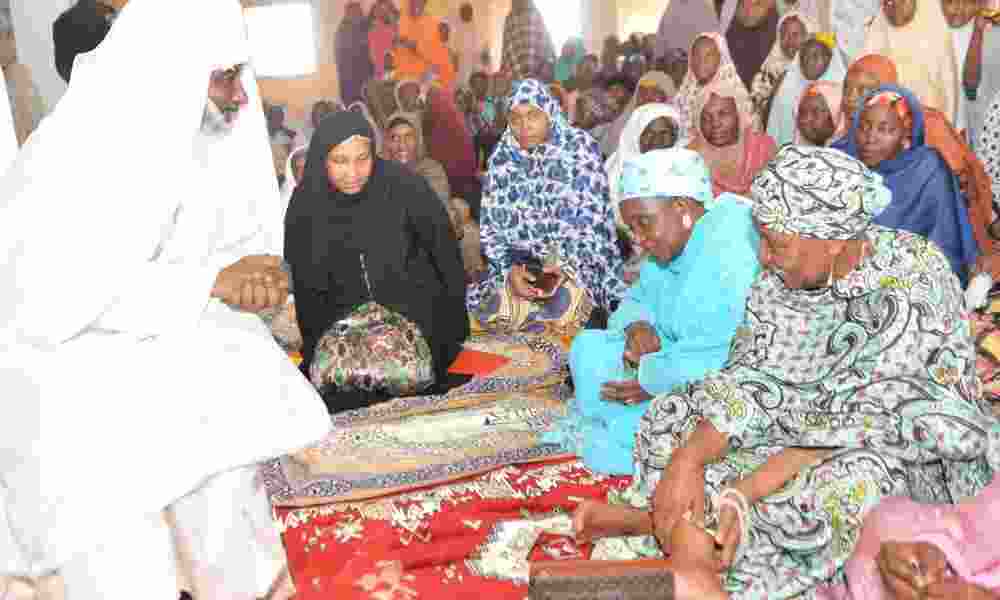

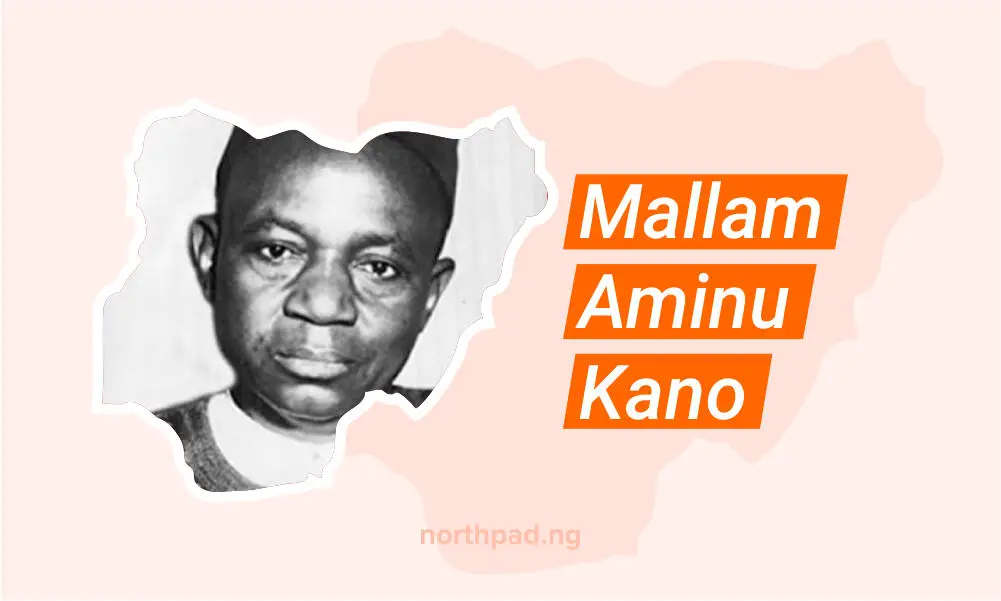
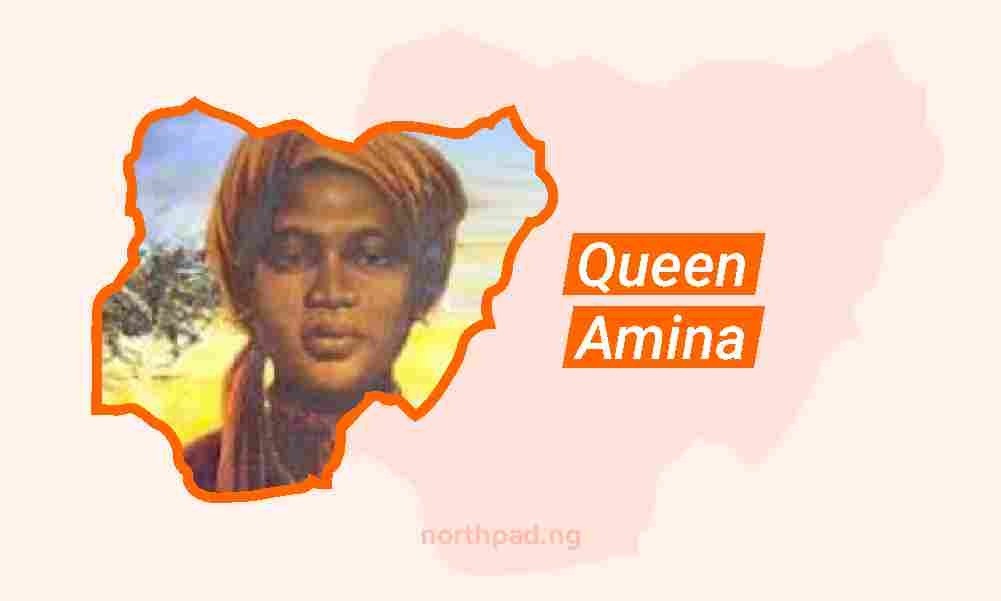
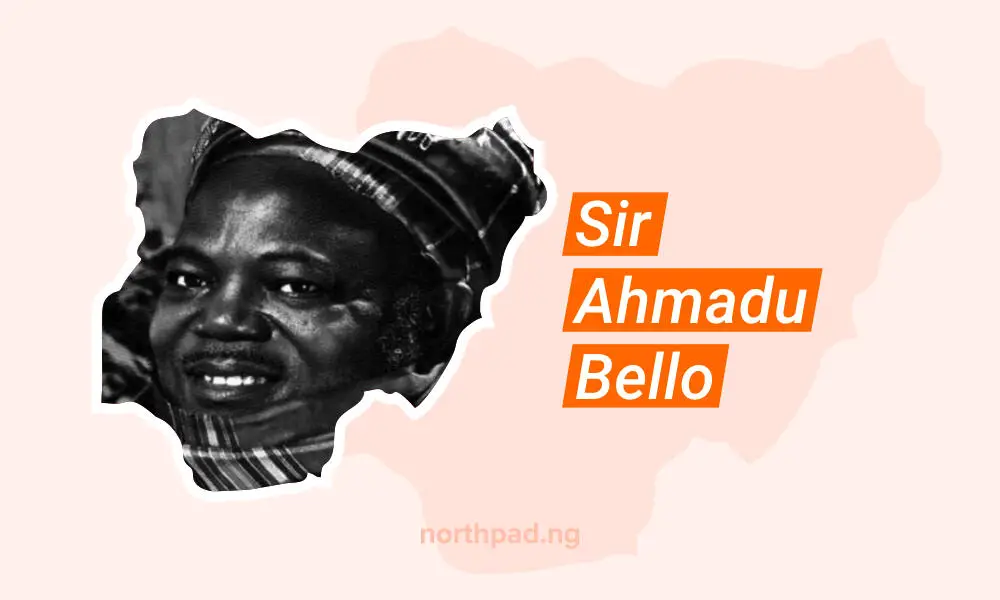



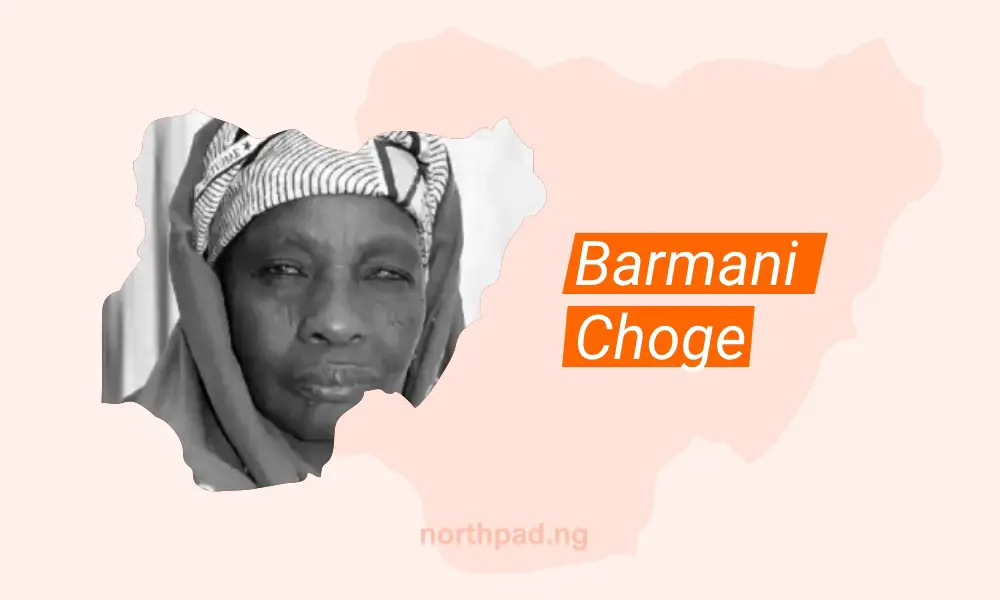
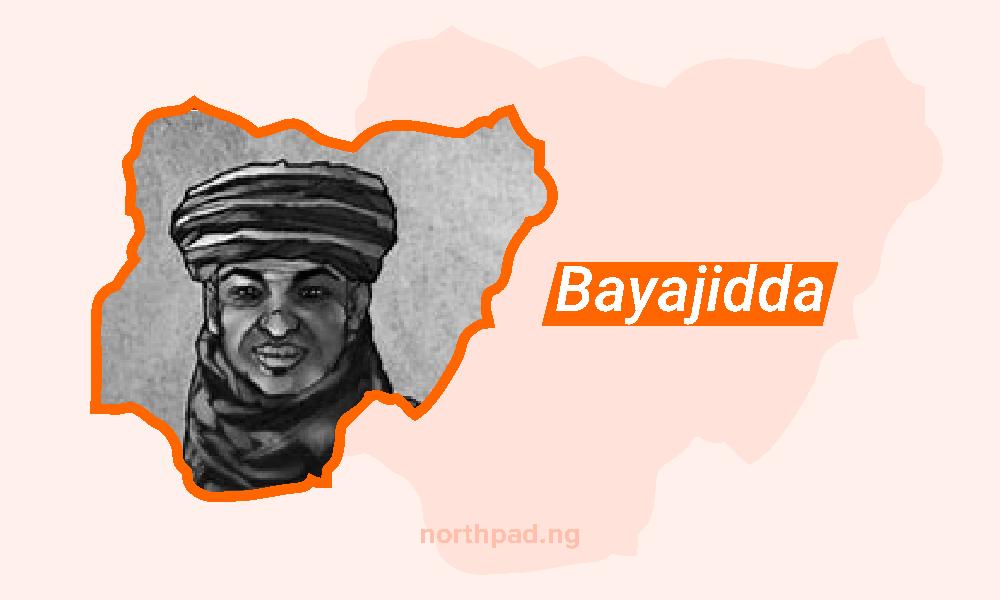
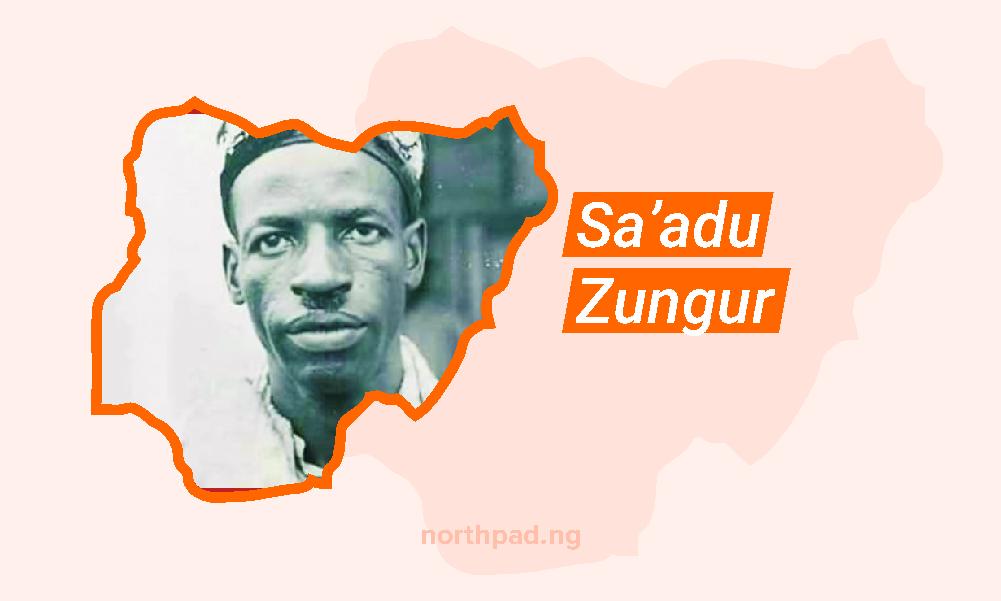
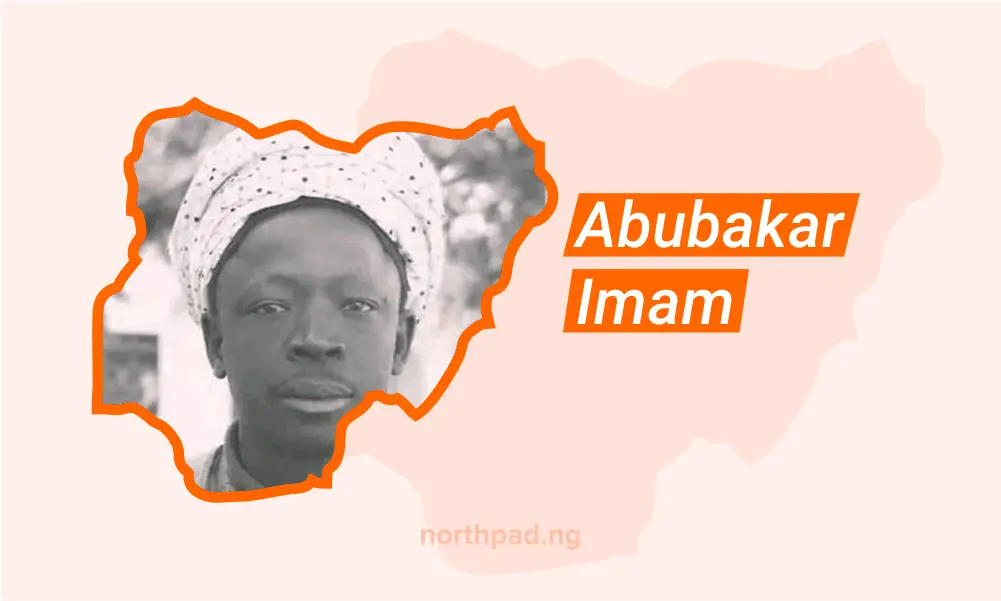
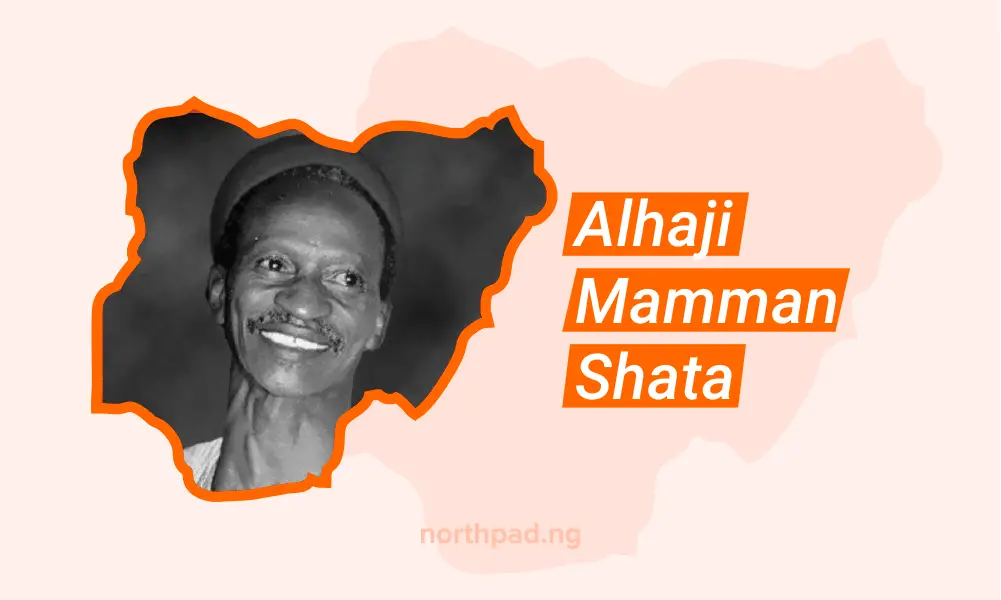
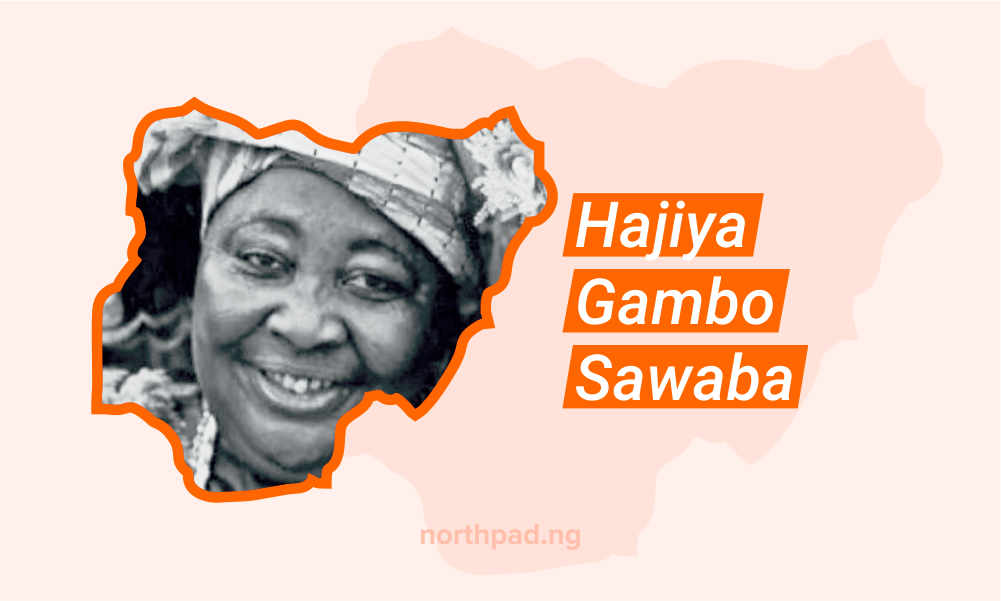
0 Comments